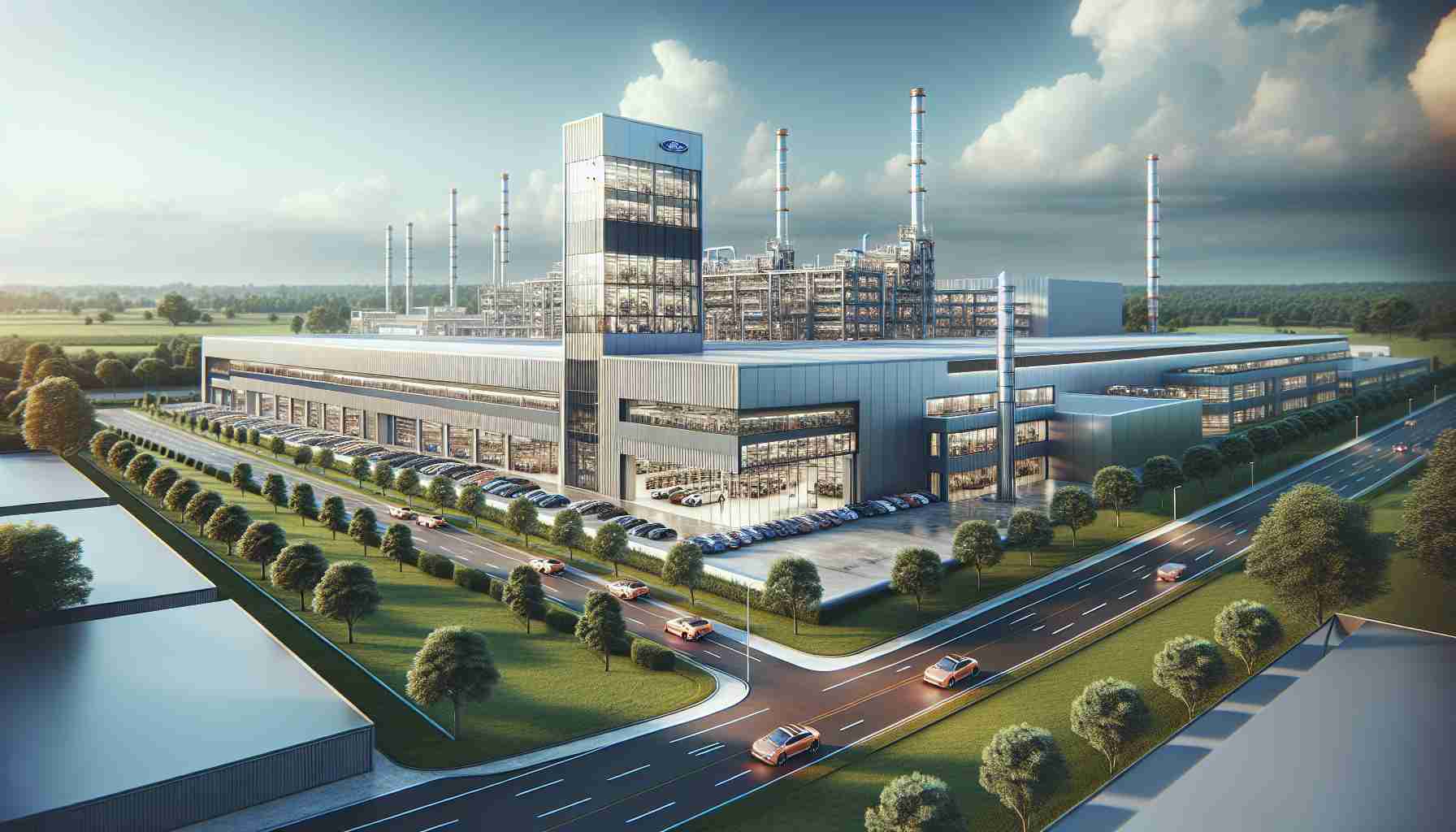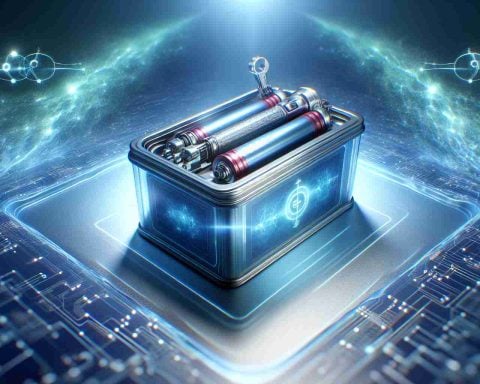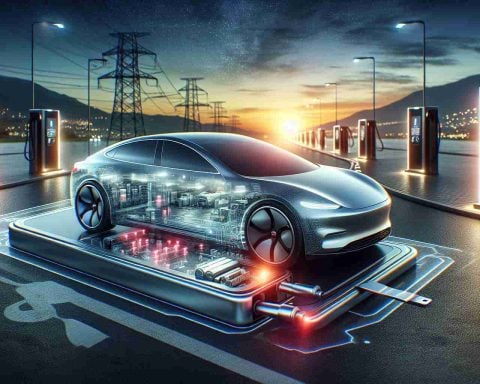- Isuzu Motors is investing $280 million in a new manufacturing facility in South Carolina, spanning 750,000 square meters, to be operational by 2027.
- The plant will produce up to 50,000 commercial vehicles annually by 2030, including both electric and traditional engine models.
- Key models include the N-Series EV, gas models, and the F-Series diesel, showcasing Isuzu’s versatility in vehicle production.
- The facility will employ advanced, automation-driven production methods, adopting a conveyor-less, pit-free approach for enhanced precision and quality.
- Isuzu’s strategic expansion aligns with a strong North American market, where they achieved record sales of 44,000 units by 2023.
- The initiative highlights Isuzu’s commitment to local sourcing and electrification, positioning North America as a leader in their EV strategy.
The winds of change sweep through the heart of South Carolina as Isuzu Motors embarks on an audacious endeavor. By 2027, a sprawling 750,000 square meters of innovative engineering will rise from the Palmetto State soil, poised to redefine the future of commercial vehicles. This $280 million venture marks a pivotal chapter in Isuzu’s North American narrative, a manifestation of both ambition and foresight.
Amidst the hum of industry, this factory will not merely churn out vehicles—it’s set to become a beacon of adaptability. Designed to craft 50,000 units annually by 2030, the plant will skillfully balance the production of electric and traditional engine models. In a silent revolution, the N-Series EV and gas models will emerge alongside the rugged F-Series diesel, a testament to Isuzu’s commitment to versatility.
Yet, this facility is more than a mechanical marvel. It pulsates with a cutting-edge spirit, shedding conventional production lines for a conveyor-less, pit-free approach. Automation weaves through every corner, ensuring precision and safeguarding quality. Picture meticulously inspected components, flaws chased away by a vigilant eye of advanced imaging technology.
Isuzu’s calculated risk finds roots in a robust North American market, which celebrated a record of 44,000 units sold by 2023. With the allure of locally sourced parts and an expansive electrification strategy, Isuzu sees beyond mere growth—it envisions leadership. As the assembly lines commence in 2027, a new era of production dawns, heralding North America as the vanguard of Isuzu’s electric vehicle aspirations.
Here, industry giants are not just built—they evolve. And for Isuzu, this South Carolina venture signals an electrifying promise of innovation and expansion.
Isuzu’s Bold Leap: The Future of Vehicle Production in South Carolina
How-To: Understanding Isuzu’s Innovative Manufacturing
Isuzu’s new South Carolina plant is set to introduce advanced manufacturing techniques that could revolutionize vehicle production. By eliminating traditional conveyor lines and adopting a conveyor-less, pit-free production approach, Isuzu aims to increase flexibility and efficiency. Automation plays a core role, with advanced imaging technology ensuring the highest standards of quality control.
Pros and Cons of Isuzu’s New Venture
Pros:
– Innovation: The new production methods could lead to increased efficiency and cost savings.
– Versatility: Ability to produce both electric and traditional vehicles satisfies diverse market needs.
– Local Sourcing: Reduces supply chain risks and enhances local economic benefits.
Cons:
– High Initial Investment: The $280 million cost is substantial and long-term returns are yet to be seen.
– Technological Challenges: Implementing new technology can come with unforeseen complications.
– Market Uncertainties: Changing market demands could affect projected production volumes.
Market Forecast and Insights
The shift towards electric vehicles (EVs) is expected to gather pace. By positioning itself to produce both EVs and traditional models, Isuzu is addressing current consumer preferences while preparing for future market shifts. Experts suggest that the demand for commercial EVs will significantly increase, driven by regulatory changes and environmental concerns.
Reviews and Comparisons
Isuzu’s approach stands in contrast to traditional automakers, who often have less flexible production lines. Rivals like Ford and GM have begun similar transitions, but Isuzu’s emphasis on complete flexibility and automation sets it apart.
Use Cases and Limitations
Use Cases:
– Commercial Transport: Reliable for businesses needing efficient, versatile transport solutions.
– Sustainability: Reducing greenhouse gas emissions with the N-Series EV models.
Limitations:
– Infrastructure Needs: Widespread adoption of EVs depends on charging infrastructure.
– Initial Costs: Higher upfront investment for EV models can deter some buyers.
Predictions and Trends
The automotive industry is on the brink of significant changes, with predictions indicating a sharp rise in EV sales over the next decade. Isuzu’s investment aligns with this trend, positioning it well for future market shifts towards sustainability.
Security Aspects and Sustainability
Isuzu’s plant is designed with sustainability in mind, focusing on efficient energy use and minimal waste production. Security measures include safeguarding sensitive manufacturing data, crucial in an increasingly automated production environment.
Leaning Towards a Sustainable Future
By 2030, Isuzu’s facility aims to be a leader in sustainable vehicle production, employing eco-friendly practices and supporting the broader transition to a low-emissions transport sector.
For more information on Isuzu, you can visit their official site: Isuzu.


















